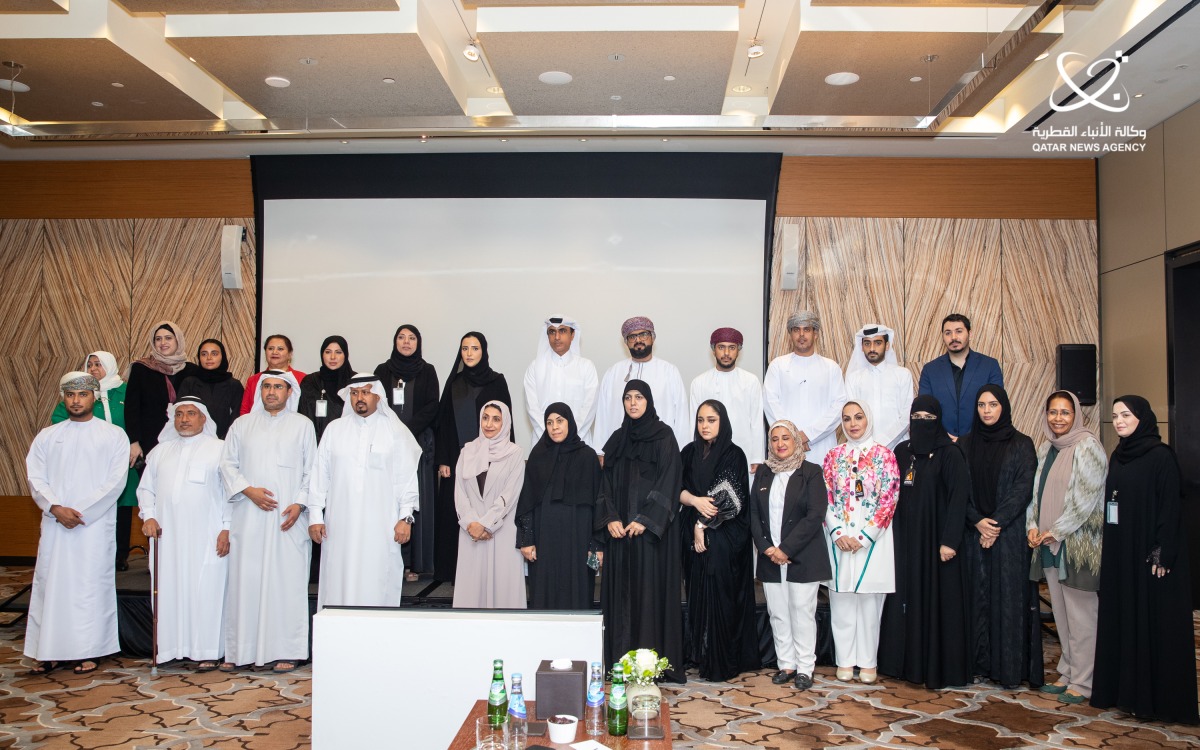The Doha International Family Institute (DIFI) recently hosted the fourth Gulf Family Policy Forum in Doha, in partnership with the Executive Office of the Council of Ministers of Labour and Social Affairs of the GCC. The focus of the event was on the sustainability of the family institution in the GCC countries. Assistant Undersecretary for Family Affairs at the Ministry of Social Development and Family, Sheikha Sheikha bint Jassim Al Thani, highlighted the importance of adapting to rapid global changes, especially in terms of technology, which can impact family relationships. Qatar is dedicated to strengthening family cohesion and emphasizing the role of the family in community development. The Permanent Constitution of Qatar recognizes the family as the foundation of society, guided by religion, morality, and love of the homeland.
Sheikha Sheikha bint Jassim Al Thani emphasized that the Ministry of Social Development and Family (MSDF) is committed to supporting strong and cohesive families in line with the Qatar National Vision and the Third National Development Strategy (2024-2030). The focus is on promoting marriage, positive parenting, and reinforcing religious, cultural, and moral values within families. Qatar is keen on collaborating with GCC countries to ensure the sustainability, cohesion, and stability of the Gulf family institution by sharing successful experiences and proposing initiatives to address the impact of divorce. The MSDF aims to support and protect families, strengthen family ties, and preserve the well-being of individuals at all stages of life.
Mohammed bin Hassan Al Obaidli, Director General of the Executive Office of the Council of Ministers of Labour and Social Affairs of GCC, highlighted the achievements of GCC countries in enhancing family care, structure, and stability through legislation, international agreements, and funding. Dr. Sharifa Noaman Al Emadi, Executive Director of DIFI, praised the forum as a platform for sharing best practices in developing and implementing family policies and programs across the GCC region. The forum serves as a vital framework for innovative initiatives that promote family cohesion and enhance its role in the development of both society and individuals.
Overall, the fourth Gulf Family Policy Forum in Doha focused on the importance of sustaining the family institution in the Gulf region amidst rapid societal changes. The event emphasized the role of technology in influencing family dynamics and the need to prioritize family cohesion in community development efforts. Qatar’s commitment to supporting strong and cohesive families aligns with the country’s national vision and development strategies. Collaboration with GCC countries is crucial in addressing challenges such as divorce and ensuring the stability and sustainability of the Gulf family institution. By sharing best practices and innovative initiatives, the forum aims to strengthen family policies and programs across the region, ultimately enhancing the well-being of families and individuals in the Gulf.
















